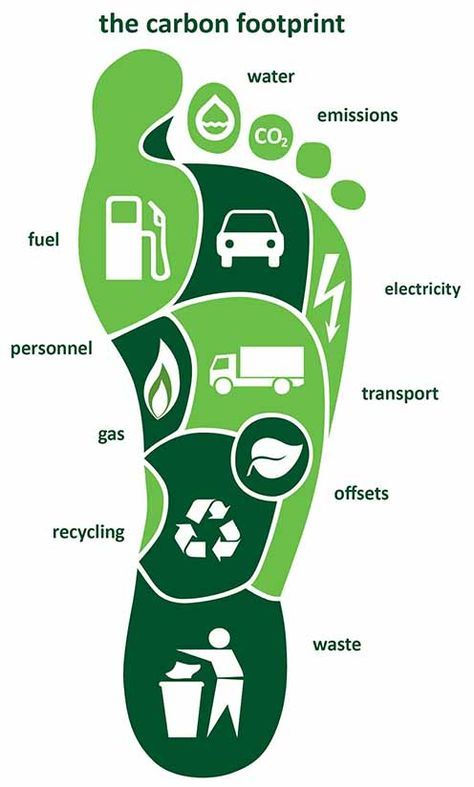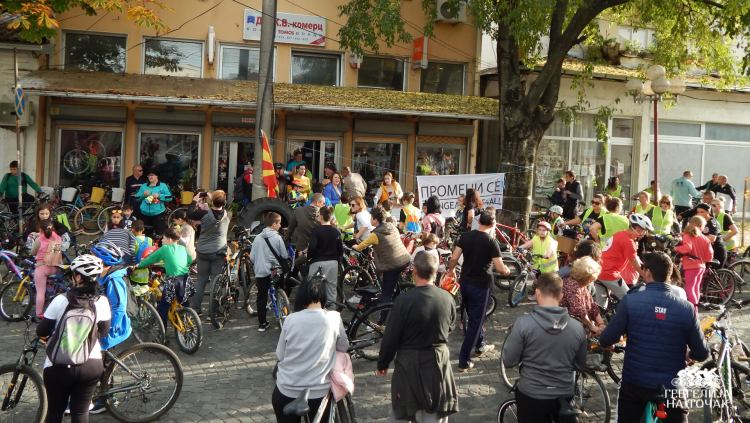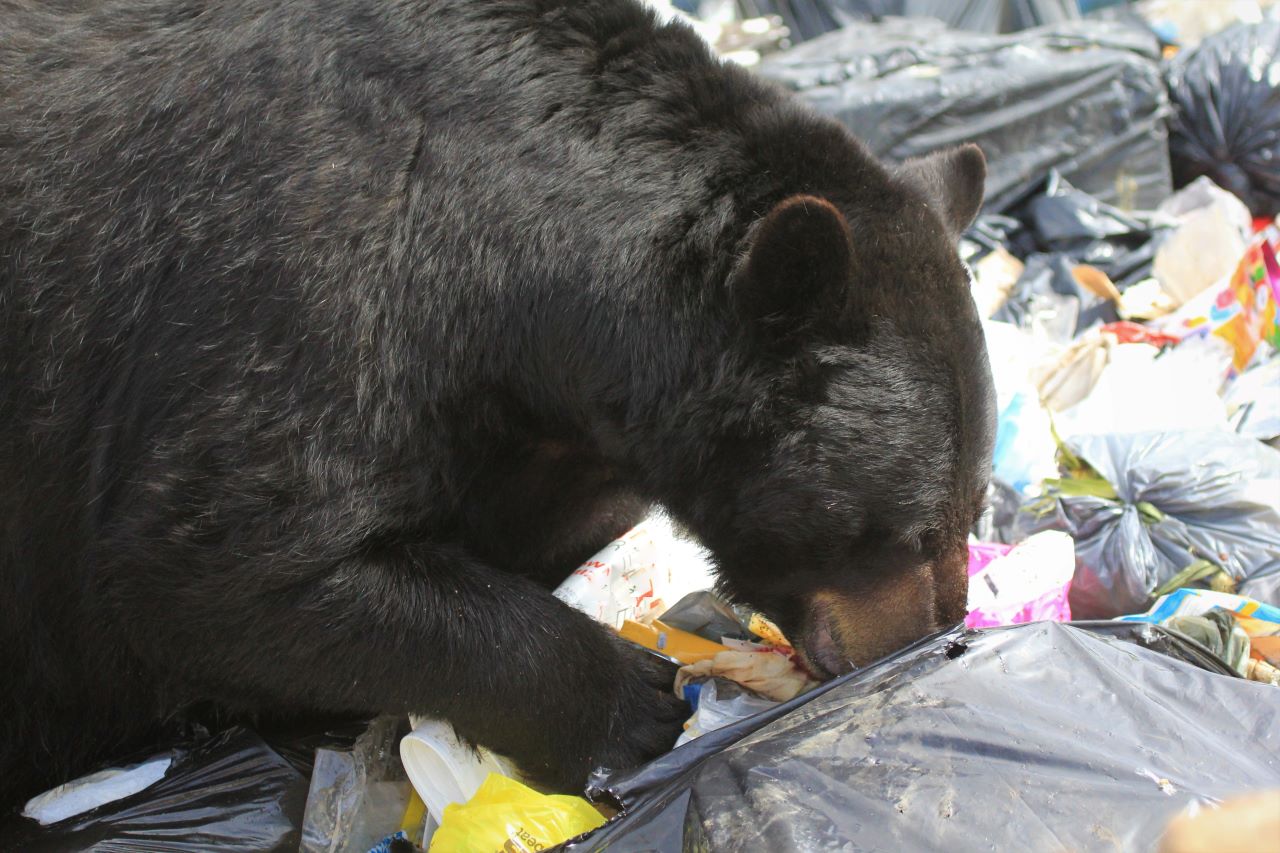Once the Glasgow Summit ended, ecology activists from the Western Balkans had decided to send a message to the region’s leaders, warning on the necessity to meet the promises made to mitigate climate crisis by committing to Western Balkans strong green agenda.
“After several weeks of negotiation process on COP26, one question had reached unanimous consensus – scientific evidence are clear and the world needs to cut the temperature rise on global level to 1,5°C, to slow down climate changes primarily by reducing the use of fossil fuels. To this moment, regional efforts proved to be weak and are falling behind in any aspect. Our countries cannot allow such delay for the consequences over human health will be bigger and will increase expenses for remediation of climate changes destructive impact. Covid-19 or any other internal political crisis cannot be used as an excuse for delaying of action and setting clear targets and action plans for replacing the use of fossil fuels in this decade, and securing safe transition. We call upon all regional governments to follow their political promises and to show true commitment as leaders to their nations and to set the region to the Western Balkans Green agenda road”, is written in the message by the ecologists signed by Centre for Environment from Bosnia and Hercegovina, Eco-svest from the Republic of North Macedonia, Green Home and Eco-team, Monte Negro, RERI and BOŠ, Serbia and CAN Europe.
The climate changes destructive effects and air toxic pollution are felt throughout the region, while the people suffer the consequence of ineffective and slow governmental activities. The message is clear – all governments must set fixed and ambitious time frames for abandoning the use of coal. Strong national policies with action plans are the pillars in securing justified energy transition while preventing climate change and their influence”, say the ecologists in their Communique.
More then 40 countries worldwide have committed to gradually stop using coal as a part of the key negotiations of COP26. From the Western Balkans, the Republic of North Macedonia is the only country on this list no matter the rest of the countries in the surroundings have expressed commitment to fulfill set targets in limiting the emissions. The region urgently needs clear political ambition and action to achieve long-term commitment for decarbonization by 2050. Eco organizations from the region call upon all countries to set their ambitious targets and reduce carbon emissions by 2030, which includes creation of ambitious energy and climate national plans.

For Western Balkans countries as developing countries, gradual decarbonization is an imperative. However, 6 years after Paris Agreement the plans for reducing the GHG emissions are poor or are still in development stages. Additionally, the adoption process is not inclusive, neither transparent, not many social and ecological aspects which makes their implementation problematic.




